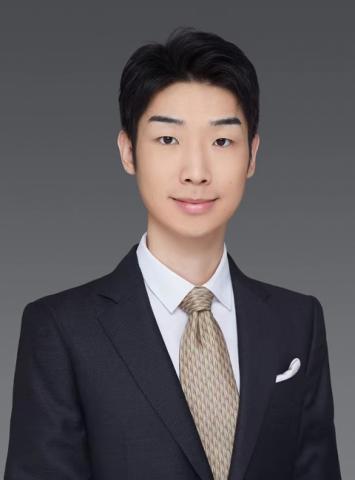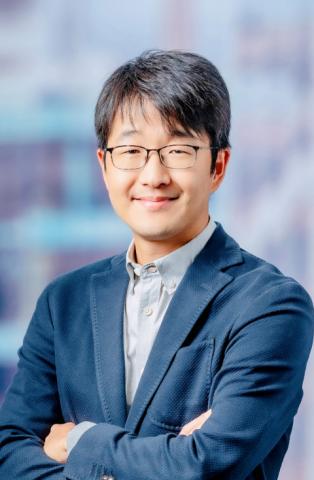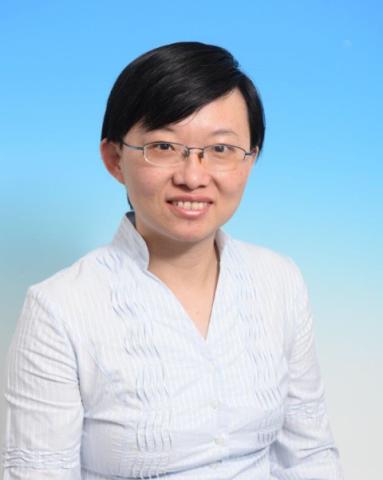More about HKUST
 Publications
Pandemic and containment policies in open economy
This paper analyzes the economic and epidemiological externalities of containment policies in an open-economy setting with firm entry and exit, SIR virus transmission, and a production network. Motivated by empirical evidence that non-pharmaceutical intervention policies (such as workplace closure or social distancing) are substitutes for medication-related policies (healthcare facilities and vaccine development), the authors incorporated four types of containment policies into their model.
By Juanyi Xu, Yousha Liang, Kang Shi, Junjie Tang
Publications
Pandemic and containment policies in open economy
This paper analyzes the economic and epidemiological externalities of containment policies in an open-economy setting with firm entry and exit, SIR virus transmission, and a production network. Motivated by empirical evidence that non-pharmaceutical intervention policies (such as workplace closure or social distancing) are substitutes for medication-related policies (healthcare facilities and vaccine development), the authors incorporated four types of containment policies into their model.
By Juanyi Xu, Yousha Liang, Kang Shi, Junjie Tang
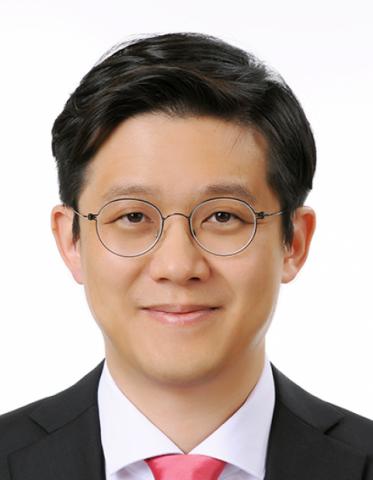 Research Affiliate
Hyuncheol Bryant Kim (on leave)
Associate Professor, Department of Economics
Hyuncheol Bryant Kim is an applied empirical micro-economist focusing on causal impacts of policy interventions in health and education sectors through large scale data analysis and social experiment. The main goal of his research is to understand the fundamental relationship between human capital investment and individual and societal well being in Africa and Asia, which is insufficiently understood. He received an MD from Yonsei University, Korea, MPH from Seoul National University, Korea, and PhD in Economics from Columbia University, USA.
Research Affiliate
Hyuncheol Bryant Kim (on leave)
Associate Professor, Department of Economics
Hyuncheol Bryant Kim is an applied empirical micro-economist focusing on causal impacts of policy interventions in health and education sectors through large scale data analysis and social experiment. The main goal of his research is to understand the fundamental relationship between human capital investment and individual and societal well being in Africa and Asia, which is insufficiently understood. He received an MD from Yonsei University, Korea, MPH from Seoul National University, Korea, and PhD in Economics from Columbia University, USA.
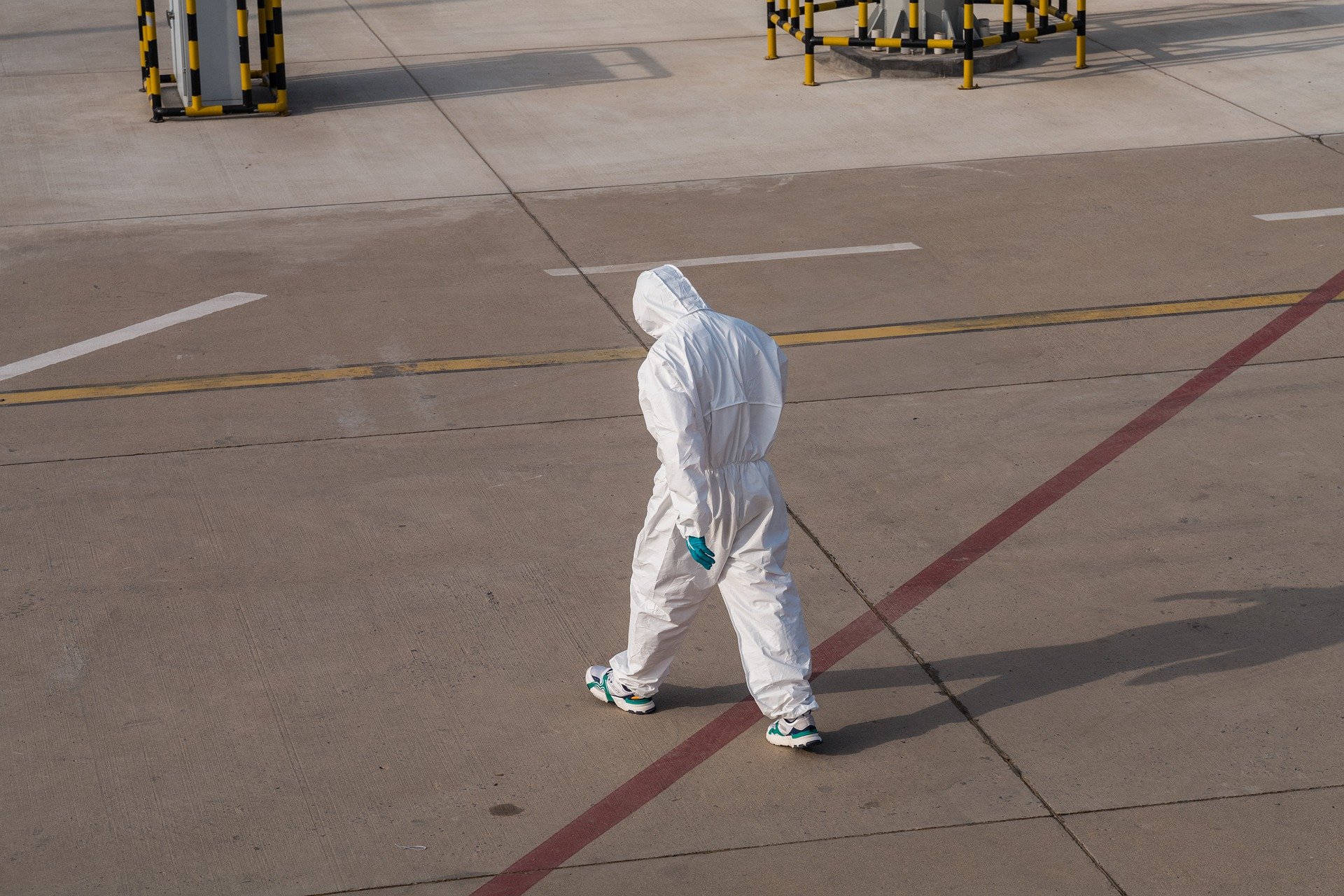 Working Paper Series
Riding Out the COVID-19 Storm: How Government Policies Affect SMEs in China
Based on a nationally representative survey on SMEs in China, we study the impact of government policy interventions on SMEs during the COVID-19 pandemic. Our findings are three-fold. First, regional and local lock-down policies decrease SMEs' incidence of reopening and delay their expected reopening in the near future, likely by reducing consumer demand. Second, stabilization policies in the form of payment deferrals and exemptions significantly improve SMEs' cash flows and further stimulate their operational recovery.
By Robin Kaiji Gong, Joy Chen, Zijun Cheng, Jinlin Li
Working Paper Series
Riding Out the COVID-19 Storm: How Government Policies Affect SMEs in China
Based on a nationally representative survey on SMEs in China, we study the impact of government policy interventions on SMEs during the COVID-19 pandemic. Our findings are three-fold. First, regional and local lock-down policies decrease SMEs' incidence of reopening and delay their expected reopening in the near future, likely by reducing consumer demand. Second, stabilization policies in the form of payment deferrals and exemptions significantly improve SMEs' cash flows and further stimulate their operational recovery.
By Robin Kaiji Gong, Joy Chen, Zijun Cheng, Jinlin Li
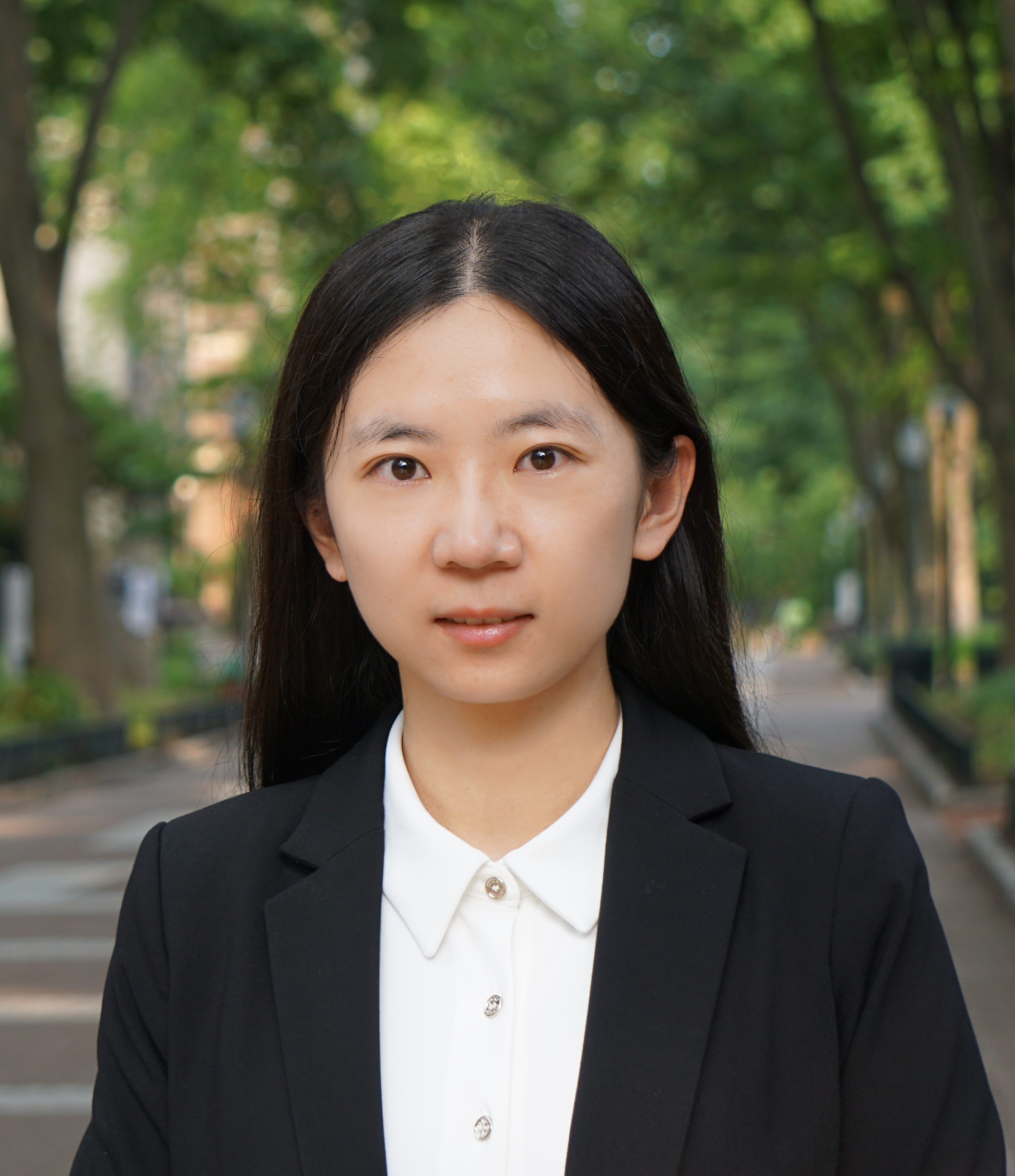 Research Affiliate
Wen Wang
Assistant Professor, Division of Social Science
Wen Wang is an assistant professor in the division of social science at the Hong Kong University of Science and Technology. She holds a PhD in Economics from Duke University.
She specializes in environmental economics and urban economics, and also has interests in industrial organization and public economics. She works on developing new methods for non-market valuation of local public goods and amenities, with a particular focus on real estate market and models of residential sorting.
Research Affiliate
Wen Wang
Assistant Professor, Division of Social Science
Wen Wang is an assistant professor in the division of social science at the Hong Kong University of Science and Technology. She holds a PhD in Economics from Duke University.
She specializes in environmental economics and urban economics, and also has interests in industrial organization and public economics. She works on developing new methods for non-market valuation of local public goods and amenities, with a particular focus on real estate market and models of residential sorting.
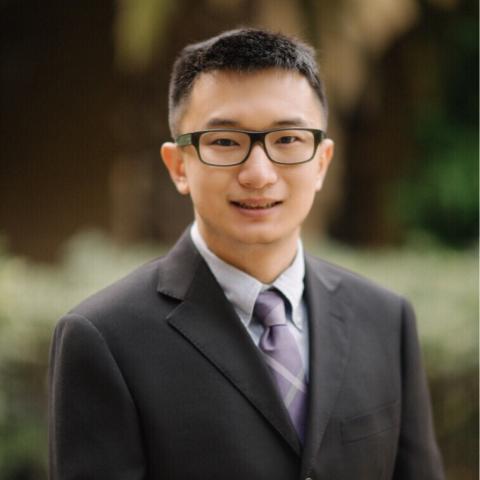 Research Affiliate
Robin Kaiji Gong
Assistant Professor, Department of Economics
Robin Kaiji Gong is an Assistant Professor in Economics at the Hong Kong University of Science and Technology. He graduated from Stanford University in 2019. His research interest includes international trade, innovation, and entrepreneurship.
Research Affiliate
Robin Kaiji Gong
Assistant Professor, Department of Economics
Robin Kaiji Gong is an Assistant Professor in Economics at the Hong Kong University of Science and Technology. He graduated from Stanford University in 2019. His research interest includes international trade, innovation, and entrepreneurship.
 Publications
Herd Immunity and a Vaccination Game: An Experimental Study
This paper experimentally investigates people’s vaccination choices in the context of a nonlinear public good game.
By Wooyoung Lim, Pengfei Zhang
Publications
Herd Immunity and a Vaccination Game: An Experimental Study
This paper experimentally investigates people’s vaccination choices in the context of a nonlinear public good game.
By Wooyoung Lim, Pengfei Zhang


